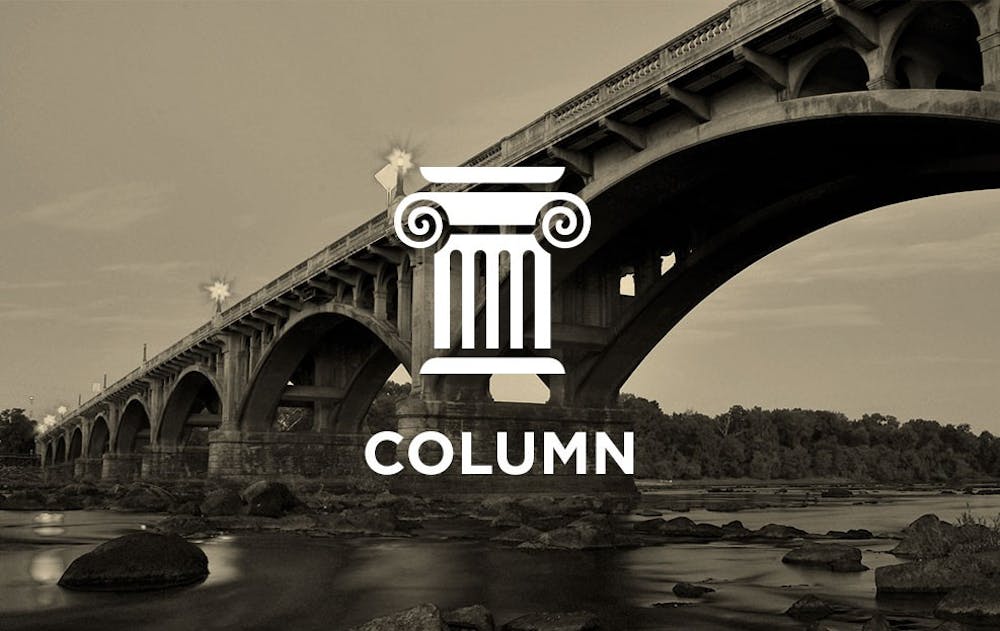For years, partisan politics have allowed half the population to turn a blind eye to issues of executive overreach. Which half alternates depending on which party controls the presidency. When the balance of power shifts and the other party takes office, they suddenly forget the legal and moral objections they previously raised to these new powers, happily embracing the increased authority to further their own goals.
In this way, the powers of the president have slowly ballooned, growing so large that they now eclipse the legislative and judicial branches.
We can see this expansion in action just by looking at our last two presidents. Democrats were up in arms about President Bush's use of executive authority to indefinitely detain suspected terrorists at Guantanamo Bay, but have been nearly silent as President Obama has continued the exact same program. The left has also kept mum since President Obama took over on the NSA and warrant-less spying on American citizens, which then-Sen. Obama once called "illegal wiretapping of American citizens." Democratic Sen. Dennis Kucinich and several Democratic co-sponsors even introduced articles of impeachment against President Bush for starting the war in Iraq without Congressional approval, though liberals supported President Obama when he cited the exact same bill to justify his military intervention in Syria.
For all their talk of "limiting government," Republicans have been no better in checking their own executives. They decry Obama's issuing of hundreds executive orders to "bypass the legislature" without mentioning that President Bush gave about same name number as Obama is on pace to, while conservative idol President Reagan signed more than either of them. Another thing Presidents Obama and Reagan have in common? Orders granting amnesty to millions of illegal immigrants, although I'm sure you can guess which of the two got flak from the GOP for it and which was praised for his humanitarian efforts.
What about our next president? Trump would have every authority to fulfill his promise to deport millions of immigrants (after all, President Obama deported two million during his term with nary a complaint), to shut off international trade (if President Kennedy can proclaim an embargo of Cuba, Trump can do the same with China) and to require the registration of Muslim Americans (just as President Franklin Roosevelt did with Japanese Americans).
President Hillary Clinton could pardon President Obama for any of the slew of allegation Republicans have threatened against him (like President Ford pardoned President Nixon for Watergate), could ramp up the American engagement in Libya that she started as Secretary of State (pick either of the two President Bushes and Iraq) and could bar federal funding of religious institutions that provide education and schooling (paralleling President G.W. Bush in bans on funding for scientific institutions that conduct research on stem cells).
It's easy for us to overlook certain questionable powers asserted by the executive when they're used for what we consider to be "good." However, a door opened by one president is left unlocked for his (or her) successor. As citizens, we therefore are responsible for holding even the politicians we generally agree with accountable when they claim that the ends justify the means. It's a charge that we have failed to uphold, in part thanks to the "us versus them" mentality promoted by both major parties.
The consequences of our dereliction of duty have never been presented more plainly than in this presidential election, where both of the frontrunners seem posed to use the exorbitant powers of the presidency to enact controversial changes that should be decided by other branches of government. We, as college students, are the next generation of decision-makers and must learn from this historical election to ensure we don't make the same mistakes.

